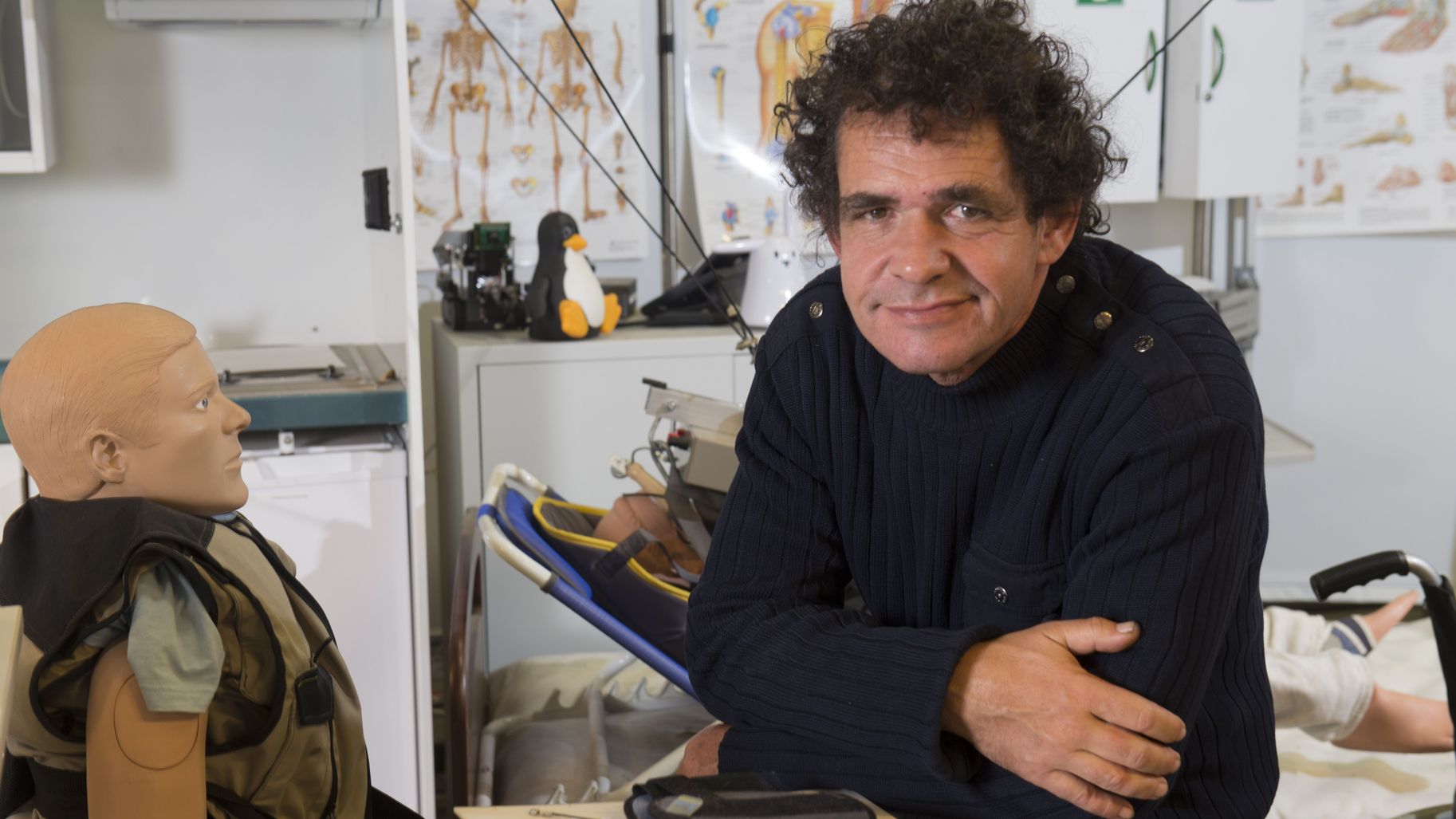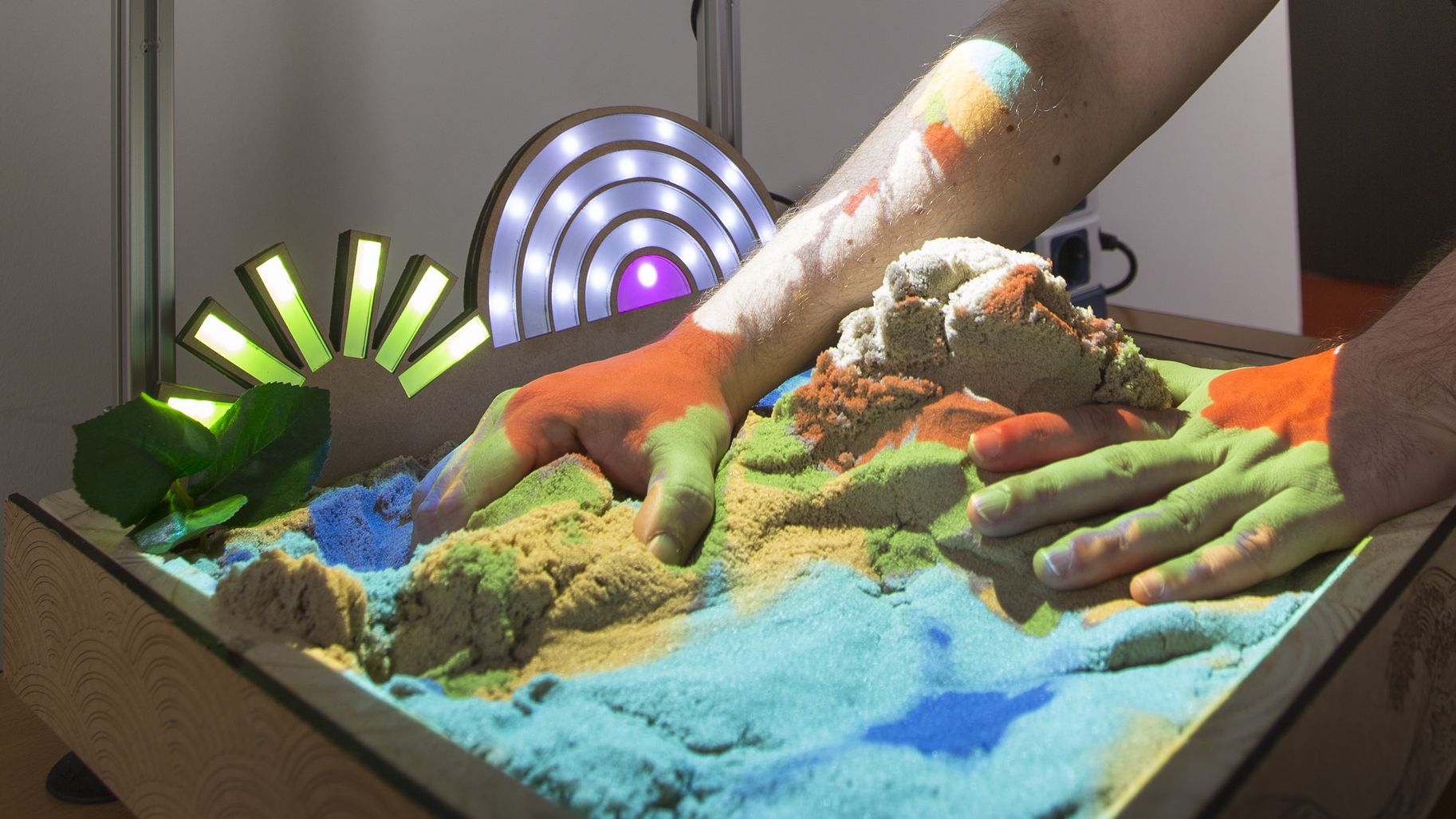The HEPHAÏSTOS project-team was created on January 1st 2014.
This project is composed of INRIA researchers and external collaborators who decided to combine their approaches to develop robotic assistive devices (in the broad sense of the word), for fragile people (elderly and disabled people) and their carers. Those devices can also provide information on their state of health to the medical community.
This team creation was submitted after a two-years consultation that has involved subjects, their associations, families and professional caregivers, nurses and doctors, insurance companies and local authorities. This period led to the identification of priorities (eg mobility aid) and development guidelines (low cost and intrusiveness, work in fleet of connected objects… ). These innovations ranging from concept to prototype, addressing all aspects of mechanical, electronic, software and automatic sciences are based on specific methods of modeling, design and evaluation, that especially take into account uncertainties (in the sensor measurement, on the model parameters, on the control, etc..). A major focus of the team is also the study of parallel robots, which are an interesting answer to the mobility problem with a low intrusivity and large lifting abilities. The validation of our assistance devices (walking aids, cane, rehabilitation station, lifting devices, etc..) in realistic conditions (in hospitals, retirement houses, rehabilitation centers) is a major objective of the project
From a mathematical point of view, the team based his research on game theory and interval analysis
Centre(s) inria
Contacts
Jane Desplanques
News

Jean-Pierre Merlet: a life dedicated to robotics mobility
A new permanent exhibition on robotics at Cité des Sciences et de l’Industrie

